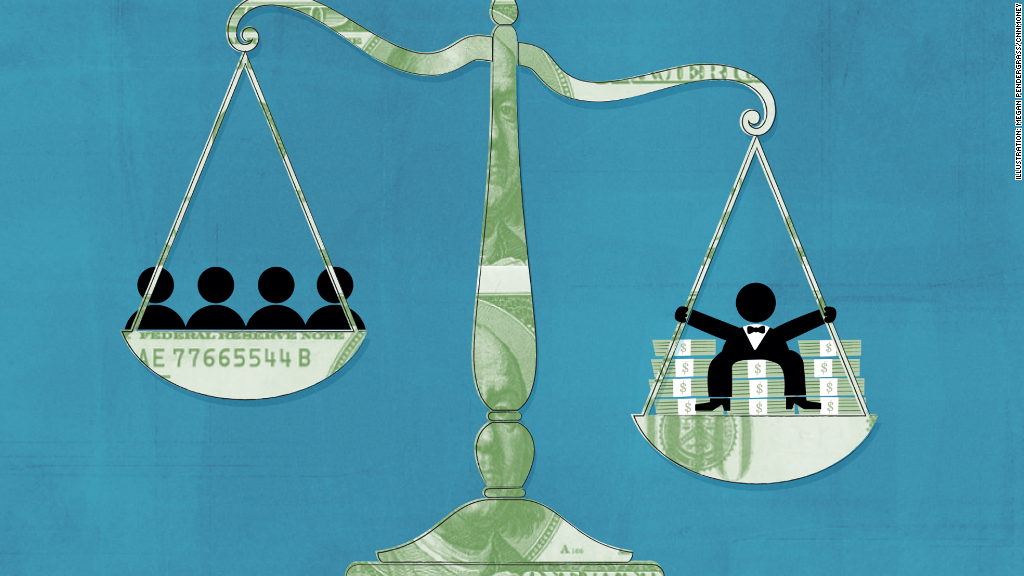Institutional investors have a growing awareness of the systemic risk posed by climate change. Investors have been slower to appreciate the possibly greater risks of increasing income inequality.
“So far, not many fund managers regard this as a relevant, imminent risk for their portfolio,” writes Hiro Mizuno, chief investment officer of the $1.4 trillion Government Pension Investment Fund of Japan, the world’s largest pension fund. Mizuno contributed the foreword to “Why and How Investors Can Respond to Income Inequality,” from The Investment Integration Project and Principles for Responsible Investment. “As long-term investors, we need to think about social instabilities that are possibly caused by income inequality and their negative impact on long-term investment return.”
The risks include immediate effects such as a demotivated workforce, as well as “system-level, unhedgeable risks of instability – national or geopolitical – that can arise when inequalities lead to a hollowing out of the middle class, political polarization, and a kind of populism that results in isolationism, trade wars, and other forms of saber-rattling,” adds Bob Eccles, a visiting professor at Oxford’s Said Business School.
One reason for the slow response has been uncertainty about what investors can do to mitigate the risks of income inequality. The new report offers three workstreams:
- Employee relations and labor rights. Long-term investors can set expectations for fair treatment of corporations’ direct and indirect workforces. The report cites Norges Bank Investment Management, Aviva and ABN AMRO for their promotion of human rights by corporations. The California Public Employees Retirement System and AutralianSuper support responsible contracting programs for real estate and infrastructure investments. The Human Capital Management Coalition, representing investors with over $2.8 trillion in assets, is seeking SEC mandates for corporate disclosure of human capital management practices and performance.
- Corporate taxation. Investors can clarify their expectation that corporations pay their share of taxes and that paying tax is key to the social capital that supports long-term investments. The Local Authority Pension Fund Forum in the U.K. has called for companies to fully report on their tax strategies and payments.
- CEO compensation. Investors can press for alternative compensation models that balance rewards to stockholders with investments in employees that enhance corporate value. In the U.S., the Dodd-Frank Act requires corporations to disclose the ratio of CEO compensation to that of the median employee. A wide compensation gap between senior executives and lower-level employees can hamper productivity.
“Investors have unintentionally contributed to the rise in income inequality and its potentially destabilizing effects,” says The Investment Integration Project’s William Burckart, a co-author of the report. “In recognizing their role in this, investors can also see the opportunities to shift practice towards a more equitable one.”











